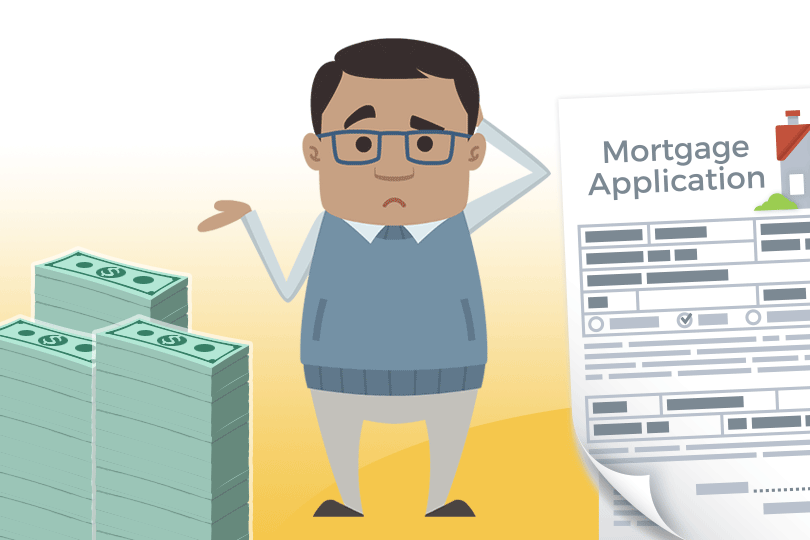FHA Loan Has Strict Rules for Rentals
August 3, 2023
Owner-Occupancy Requirement
FHA loans require borrowers to certify that they intend to occupy the property as their primary residence. This means that the borrower must live in the home as their main place of residence for a significant portion of the year. FHA loans are not intended for investors or for purchasing vacation homes or second homes.
One-Year Occupancy Requirement
FHA borrowers are generally required to occupy the property they purchase for at least one year after the loan's origination. Attempting to use this to purchase a property with the intent to rent it out immediately would likely be considered a violation of the loan terms.
Exceptions for Multi-Unit Properties
FHA loans can be used to purchase multi-unit properties (up to four units) under specific conditions. In the case of multi-unit properties, the borrower must live in one of the units as their primary residence for at least one year. The borrower can rent out the remaining units to tenants after meeting the owner-occupancy requirement. FHA borrowers must also meet certain financial qualifications to ensure they can handle the responsibilities of being a landlord.
Rental Income Considerations
FHA lenders may consider rental income from the property when evaluating a borrower's ability to qualify for the loan. Rental income can be used to offset the borrower's housing expenses and may help them meet debt-to-income ratio requirements.
Refinancing Rental Properties
FHA loans can be used to refinance existing rental properties under certain conditions.
The borrower must provide evidence of their current rental income and meet FHA requirements for creditworthiness and financial stability.
Intent to Defraud
Attempting to deceive the FHA or the lender by falsely certifying owner occupancy when the borrower intends to use the property as a rental or investment property can lead to severe consequences, including the potential for legal action.
It's essential to be transparent and honest with your lender when applying for an FHA loan. If your intention is to use the property as a rental or investment, you should explore other loan options specifically designed for such purposes, such as conventional investment property loans or commercial real estate financing. Violating FHA owner-occupancy rules can result in the loan being called due in full or other legal consequences. Always consult with a qualified mortgage professional to understand the specific requirements and options available to you based on your real estate goals.
------------------------------
RELATED VIDEOS:
Sometimes It Pays to Refinance
Don't Forget Your Closing Checklist
Monthly Payments Establish Good Credit

FHA Loan Articles
May 14, 2025When you buy a home with an FHA mortgage, you must pay for both mortgage insurance and insurance to protect your property while paying on the loan. There are important nuances to these insurance policies to know before you start. What's the difference between insurance against water damage and flood insurance? That's just one example of the "hidden" expenses of buying your new home to budget for.
May 13, 2025Buying a home with an FHA mortgage means you'll need to know the FHA guidelines about the types of properties you can purchase with an FHA single-family home loan for residential purposes. How well do you understand these rules? Are you truly ready to start house hunting? We examine some key aspects of the process.
May 12, 2025FHA single-family home loans require a minimum 3.5% down payment for typical transactions. Saving for this requires planning and dedication, but it’s not impossible to save enough to make the down payment. How do people typically budget and save for this? Your financial needs and goals will play a big role in how much you decide to set aside for your new home, but here are some options to think about...
April 30, 2025 In a previous post, we discussed why FHA borrowers should carefully consider whether paying for discount points truly serves their best interests, focusing on factors like short-term homeownership, opportunity cost, FHA mortgage insurance, and the prevailing interest rate environment. Discount points are an option for borrowers willing to pay a fee to lower the interest rate by a set amount. This is not right for all borrowers, and you don't want to pay for points you won't benefit from during the loan term.
April 29, 2025Are you considering buying a home with an FHA loan? You'll likely talk to your participating lender about FHA loan "discount points" – fees you pay upfront for a lower interest rate on your mortgage. The idea behind discount points is a straightforward exchange: you spend money today to reduce your interest rate. Typically, one point equals one percent of your total FHA loan. In return, your interest rate might decrease by an amount you and the lender agree upon.







